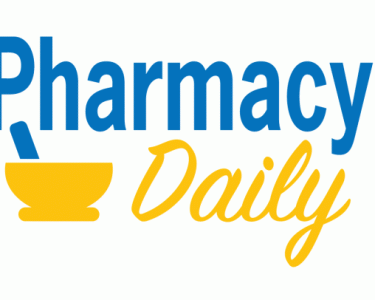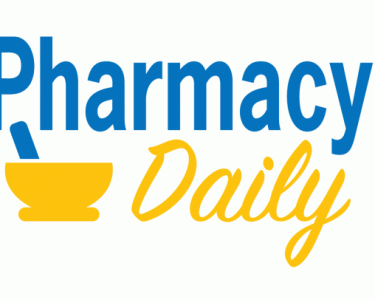THE National Heart Foundation of Australia and the Cardiac Society of Australia and New Zealand have released the Australian Clinical Guideline for Diagnosing and Managing Acute Coronary Syndromes 2025.
Last revised in 2016, the guideline provides recommendations based on contemporary evidence to support healthcare professionals, including pharmacists, in delivering the best possible care to people with acute coronary syndromes (ACS).
“It’s exciting to have the first new guidelines in nine years – so much has changed in that time and there is a lot of new stuff,” said Professor Jason Kovacic, Director of the Victor Chang Cardiac Research Institute.
“In particular, there is a lot more about in-hospital care and post-hospital discharge care – recovery, secondary prevention, the use of PCSK9 inhibitors, vaccination, rehab and mental health care.”
One of the key therapeutic changes in the updated guidelines is that lipid lowering has become more aggressive.
“The PCSK9 inhibitors – which in Australia are inclisiran, evolocumab and alirocumab – have been quick to be taken up, despite the fact that at the moment the eligibility criteria for getting them on the PBS is still relatively restrictive,” Prof Kovacic told Pharmacy Daily.
“I have a few people who can afford them that are paying out-of-pocket – they’re quite expensive, but they’re very effective, and they really take lowering of LDL to much lower levels than we were previously able to achieve.”
Also in the guidelines is the relatively new triglyceride-lowering drug icosapent ethyl, which is indicated for people taking statins at high cardiovascular risk with triglycerides 1.7 mmol/L or greater.
“The management of lipids is evolving rapidly – I suspect even within the next few years there will be changes in practice, and keeping up to date with that is really important,” Prof Kovacic noted.
For pharmacists, being aware of the key aspects in terms of recovery and secondary prevention is key, Prof Kovacic said, noting they have a role to play in providing effective medicines education during hospital admission and at the time of discharge as patients undergo transition of care.
Then there is medication adherence at the community pharmacy stage of the patient’s journey.
In terms of secondary prevention, fish oil and co-enzyme Q10 were not included in the guidelines, despite being widely used, and Prof Kovacic pointed out that studies have clearly shown vitamins, herbal supplements and antioxidants do not help in terms of outcomes and “have not been shown to be efficacious”.
On the other hand, lifestyle factors including a healthy diet, weight loss, exercise, stopping smoking, limiting alcohol and caring for mental health get a strong recommendation in the guidelines.
“At 137 pages, these guidelines are vast and there is something of relevance to all healthcare professionals,” he enthused.
Access the guidelines HERE. KB
The post ACS guidelines updated appeared first on Pharmacy Daily.


